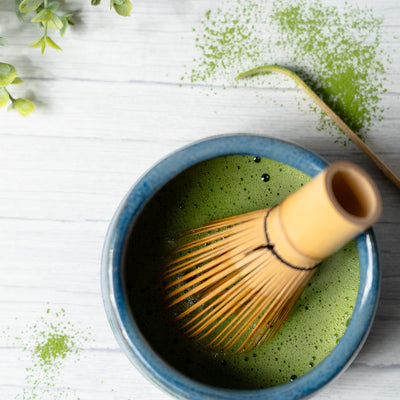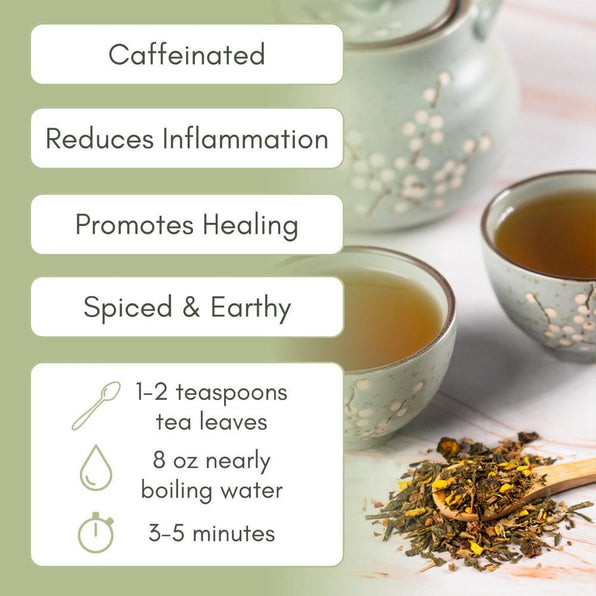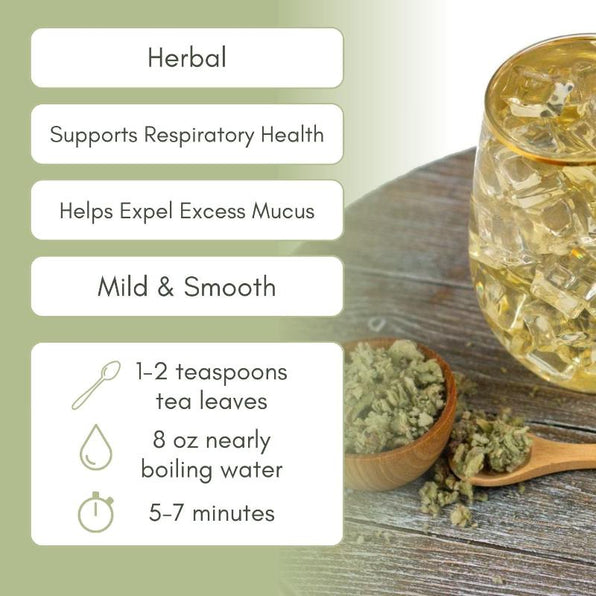What Are Rosehips?
Rosehips are the fruit of the rose plant, typically forming in late summer and autumn after the flowers have been pollinated. They are round or oval and usually red or orange, although some species can have dark purple or black hips. Rosehips are highly valued for their high vitamin C content and other beneficial compounds. They have been used for centuries in traditional medicine and culinary applications. The organic variety ensures that the rosehips are grown without synthetic pesticides, herbicides, or fertilizers, making them a healthier and more environmentally friendly choice.
In addition to their health benefits, rosehips have a rich history in folk medicine, often used to boost immunity, reduce inflammation, and improve skin health. They are commonly used in teas, jams, jellies, syrups, and supplements, offering a versatile and tasty way to enjoy their benefits. With a slightly tangy and sweet flavor, organic rosehips can be a delightful addition to your daily diet.


















